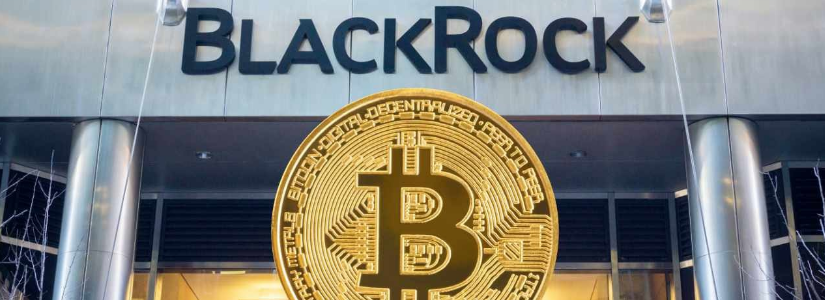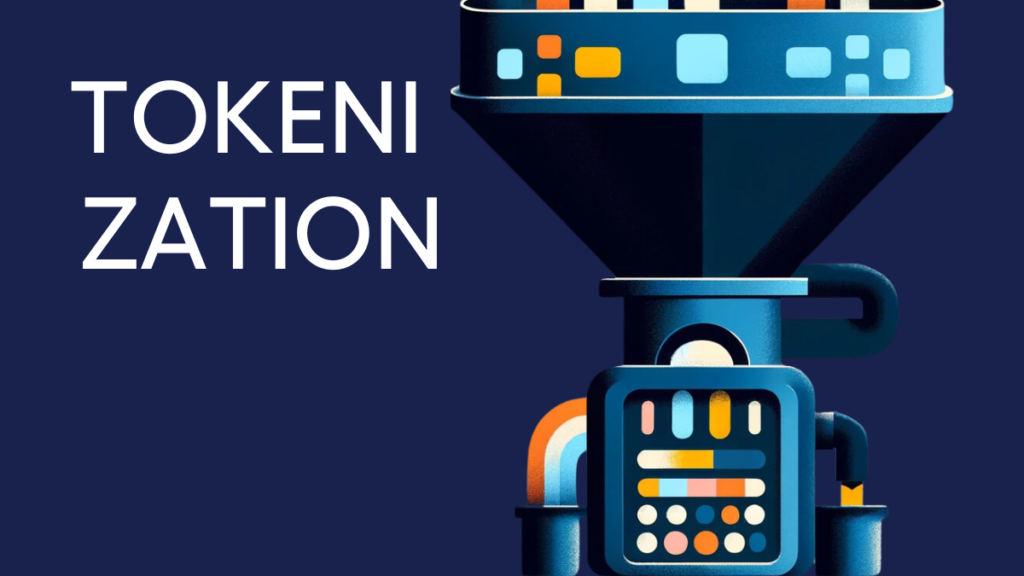TL;DR
- The creation of digital representations of physical assets via blockchain is transforming markets such as real estate and bonds.
- Trump’s administration and major players like BlackRock and Visa are driving the development of tokenization, opening new opportunities.
-
While tokenization promises benefits, some experts warn about the sale of mispriced assets and the lack of regulation.
Tokenization, which turns real-world assets into digital representations through blockchain, is gaining traction on Wall Street. This concept, once only associated with cryptocurrencies, promises to radically change financial markets, from real estate to bonds. Major financial players like BlackRock and Visa are leading the charge, prompting experts to suggest that tokenization could be even more impactful than the internet.
The Promising Future of Tokenization
Despite expectations, tokenization has made slow progress in recent years. Only around 67,530 entities, mostly institutions, have adopted asset tokenization outside of stablecoins, representing just 0.003% of the total value of global assets. The lack of a clear regulatory framework in the U.S. has been a significant obstacle, as authorities often treat tokenized securities as cryptocurrencies, which has led to mistrust in the traditional financial sector.
However, the situation is changing. With Trump’s administration, new regulations more favorable to tokenization are expected. Additionally, BlackRock has launched tokenized funds, and companies like Visa and Mastercard are developing platforms to facilitate the issuance of fiat-backed tokens. This is accelerating interest and adoption of the technology across multiple industries.

Raj Dhamodharan, Executive Vice President at Mastercard, highlights that this trend will not only reduce costs and transaction times but also make assets more liquid and accessible to a broader range of investors. Tokenized assets under management are expected to reach $600 billion by 2030, a huge increase from the current $2 billion.
However, some experts caution about the risks. Nathan Allman, CEO of Ondo Finance, notes that tokenization could lead to the sale of mispriced assets to unsophisticated investors. Additionally, analysts like Ervinas Janavicius from Capco argue that much work remains before tokenization can fully maximize its potential and truly transform financial markets. In the long term, it could reshape how global financial systems operate.









